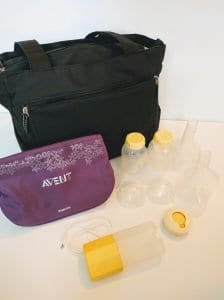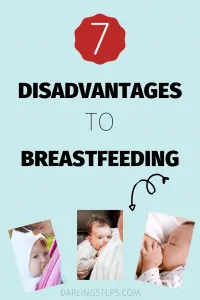Guide To Communicate With Your Baby
A New Parent’s Guide to Communicating with Your Baby
Your baby is learning to speak long before they say their first words. Talking with your child and giving them loving attention will strengthen the bond between you and help them to develop academic and communication skills they’ll need later in life. Plus, you’ll both have a lot of fun. A famous study in the 1990s coined the term word gap to describe how children in lower income families hear about 30 million fewer words by the age of 3 compared to their wealthier peers. More recently, a Stanford University study found an intellectual processing gap emerging at around 18 months. Create the word-rich environment your child needs to learn and thrive.
Try these tips for communicating with your baby.
Communicating with Babies from Birth to Three Months
As you know, crying will be your baby’s main way of communicating for a while. While individual timelines vary greatly, many babies start using their voice at about 2 months to coo and gurgle. They may also start making some simple vowel sounds. Use these strategies for greater communication with your infant:
Use baby talk
It’s a myth that baby talk will hold your baby back. In fact, babies pay more attention to sing-song style speech with a higher pitch and warmer tone. At the same time, it’s beneficial to gradually introduce them to adult speech too.
Hold them
Physical touch is part of communication. Bond with your baby by holding and carrying them.
Make eye contact
Looking at your baby shows them that you care enough to pay attention. Even if you don’t understand their message, they’ll appreciate the effort.
Related: What a Postpartum Mom Really Wants
Think about body language
Gestures and facial expressions are a big part of your baby’s communications. Exchange smiles and copy each other’s movements.
Mimic sounds
Imitating your baby’s sounds is helpful too. Gurgle back at them and add your own noises to make your chats livelier.
Start reading
Begin your storytime traditions with picture books. You may also want to find some titles with sound effects and textures.
Communicating with Older Babies
Most babies speak their first words by the end of their first year, and most can understand a few words by the time they reach 9 months. It’s usually not a cause for concern if a baby starts later. Speak with your doctor if you have any questions about your baby’s development and hearing. These techniques will help you communicate with your older baby:
Narrate your day
Create more opportunities for your baby to hear your voice by describing your activities. Talk through mealtimes, household tasks, and weekend plans.
Related: Get Your Baby To Sleep Through The Night!
Pause often
Take a break between sentences so your baby can join in with their own remarks. They’ll start to become familiar with the rhythm of two-way conversations.
Identify objects
Help your baby to associate names with common objects and people. For instance, point to a cup and slowly say the word.
Give simple directions
Your baby can now start to understand some basic commands. Ask them to come to you. Say no firmly when you want them to stop eating the dog’s food.
Sing favorite songs
Small children enjoy interactive songs. Share your old favorites like I’m a Little Teacup or The Itsy-Bitsy Spider. Create some tunes of your own.
Match them up
By the time they reach four months, most babies are ready for some friends their own age in addition to your company. Look for organized groups in your community and stay close by to supervise and provide support.
Your baby loves it when you to talk with them. Make them happy and encourage their language and social skills by having conversations, reading, singing, and playing games.












